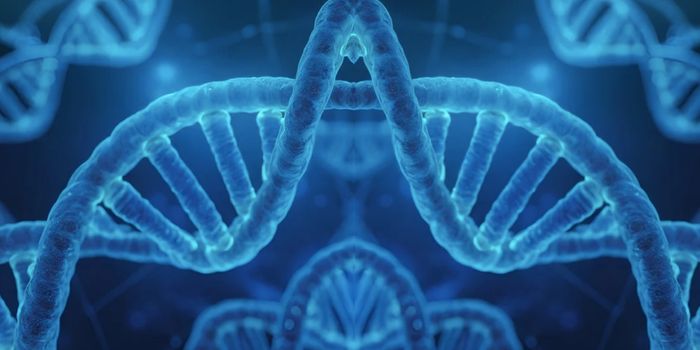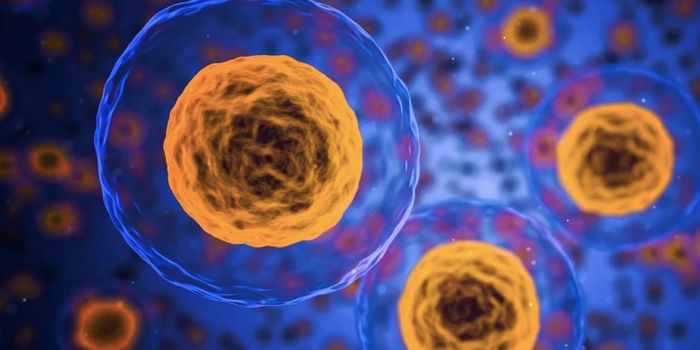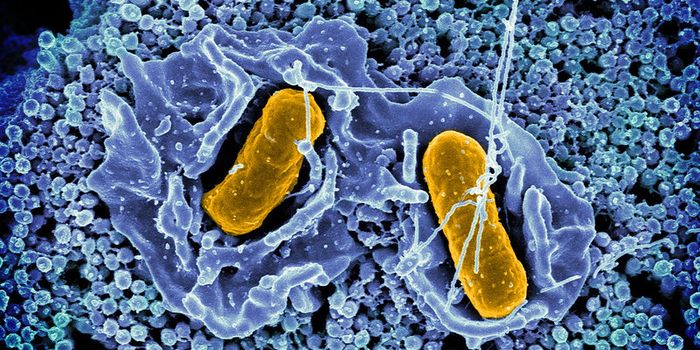Changes in the Lung Microbiome in COPD
COPD (chronic obstructive pulmonary disease) affects millions of people worldwide. Symptoms include breathing difficulties, emphysema, coughing, and significant mucous production in the lungs. It is often caused by smoking, and the World Health Organization (WHO) has suggested that it may be the third most common cause of death in the world by 2030. Researchers have investigated whether the bacterial community that lives in the lungs, the lung microbiome, has an influence on the disorder. They determined that for some subtypes, there are correlations that indicate the microbiome might be assayed in patients to help develop the best treatment.
“We wanted to investigate if the microbiome in the lungs changes in a way that depends on these subtypes," said Prof. Dr. Michael Schloter, Head of the Research Unit for Comparative Microbiome Analyses (COMI) at Helmholtz Zentrum München. The work, which was published in PLOS ONE, is summarized in the video above.
“COPD has various subtypes that, for example, can be verified by use of quantitative computer tomography,” explained Wolfgang zu Castell, Head of the Research Unit Scientific Computing (ASC) at the Helmholtz Zentrum München.
For this work, the sample sizes are not huge, but the researchers were able to obtain data from 16 people with COPD and nine healthy individuals. They used CT scans to assay the lungs of each person, which enabled the scientists to group the COPD patients into several subtypes. Brush samples were taken of the lungs to determine the composition of the lung microbiome.
"This allowed us to show that the composition of the bacterial community in the lungs of COPD patients without structural changes is very similar to that of healthy subjects," explained the first author of the report, Dr. Marion Engel, a scientist in the Complex Systems Research Group in the ASC. "On the other hand, the bacterial composition in the lungs of ill subjects with structural changes differ significantly from those of the other two groups, regardless of the severity of the disease."
The researchers often found Streptococci bacteria in the lungs of patients with structural alterations in their lungs. Various strains of the bacteria were also associated with cases that got progressively worse. In healthy lungs, the investigators often found Prevotella bacteria, which has been found to have probiotic characteristics.
This research suggests that in some subtypes of COPD, there are shifts in the composition of the lung micro biome that may be encouraging an increase in bacteria that could be harmful to health. It might be worth considering the microbiome when therapeutics are given to COPD patients.
Sources: AAAS/Eurekalert! Via Helmholtz Zentrum München, PLOS ONE









